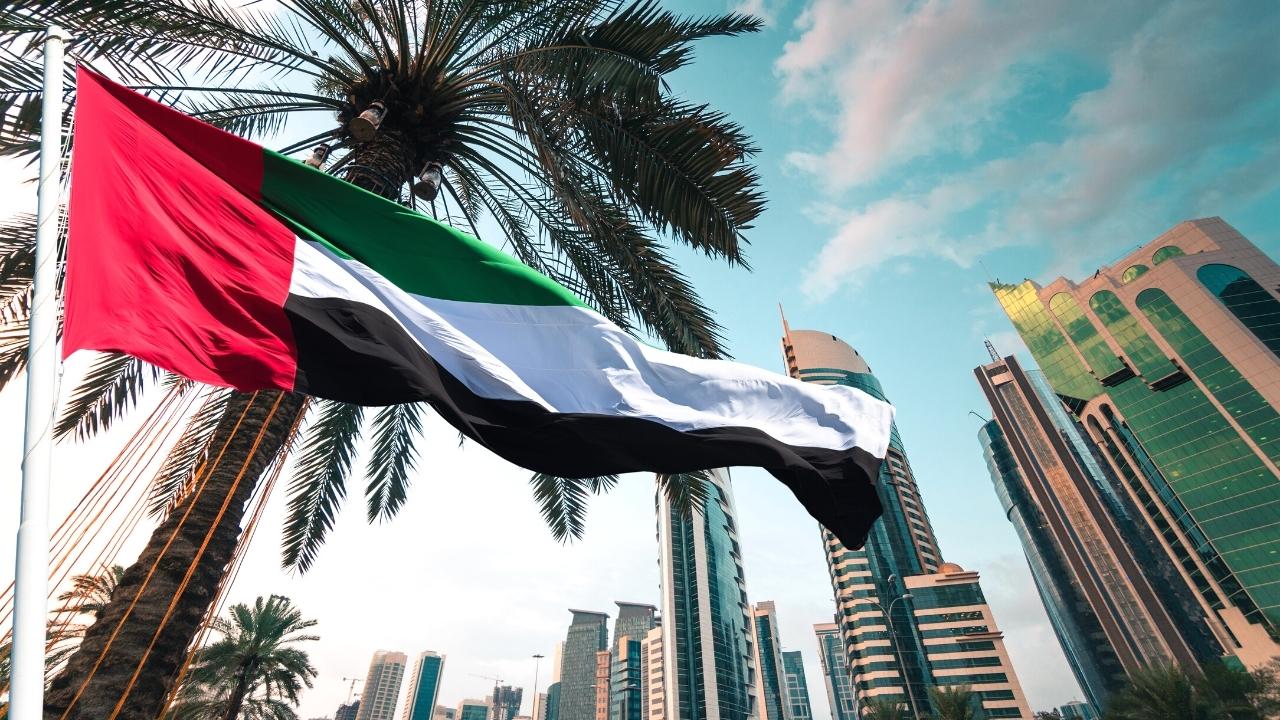In an effort to increase the localisation of the workforce in the private sector, the UAE Government recently issued laws which seek to drive forward the country’s Emiratisation agenda.
Ministerial Decision No. 279 of 2022 (Emiratisation Law), which comes into effect on 1 January 2023, places an obligation on UAE businesses to recruit Emirati employees at the rate of 2% per year, and Cabinet Decision No. 18 of 2022 (Classification Law) effective 1 June 2022, provides certain benefits to companies that employ more local employees.
Whilst the concept of Emiratisation is already applied across certain industry sectors, such as banking, the objective of these new laws is to place a greater emphasis on building a competitive, knowledge-based economy to support the country’s vision that 10% of Emiratis make up the workforce by 2026.
To assist the private sector to achieve their Emiratisation quotas, the UAE Government has implemented the Federal Nationalisation Programme, otherwise known as Nafis; a comprehensive programme which includes reforms and financial incentives to drive employment opportunities for both young and experienced Emiratis in the private sector.
Does the new law apply to my business?
The new Emiratisation Law only applies to UAE companies registered with the Ministry of Human Resources and Emiratisation (MOHRE). Businesses registered in a UAE Free Zone will be exempt.
Calculation basis
The Emiratisation rate is calculated on the basis of the number of skilled workers that are employed by the business, with one national employee to be hired for every 50 skilled workers. Higher quotas are in place for banks and insurance firms at the rate of 4% and 5% respectively.
Skilled workers fall into the following categories:
• Employees who are legislators, managers, and business executives; professionals in scientific, technical and human fields; technicians in scientific, technical and humanitarian fields; writing professionals and in service and sales occupations;
• Employees who hold a higher certificate than the secondary (high school) certificate or equivalent;
• Employees who have a labour card, which must be attested by the competent authorities; or
• Employees who receive a monthly salary of AED 4,000 or more.
Consequences of non-compliance
Commencing from 1 January 2023, UAE businesses which do not reach the required Emiratisation quota will be subject to a financial penalty of AED 6,000 per month for so long as they fail comply with their obligations under the Emiratisation Law. Failure to settle these financial penalties can result in suspension of the company’s labour account thus hampering its ability to obtain work permits, and/or further penalties.
Classifications Law
To incentivise compliance with the law, the MOHRE now categorises companies into 3 tiers. Classification of a particular business will depend on factors including Emiratisation, general labour law compliance and promotion of employee diversity. The better the classification, the more incentives a company will benefit from, such as, reduced MOHRE fees and a reputation in the market as being a more compliant business.
How CBD can assist
CBD offers a comprehensive suite of corporate UAE PRO services to assist investors with their business needs in the GCC. For more information on Emiratisation compliance and to check which MOHRE category your UAE business currently falls under, contact: enquiries@cbdcorporateservices.com. We can support you with company formation in Dubai and Dubai visas.
